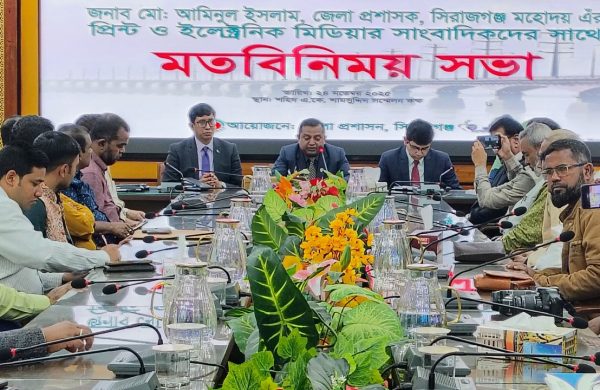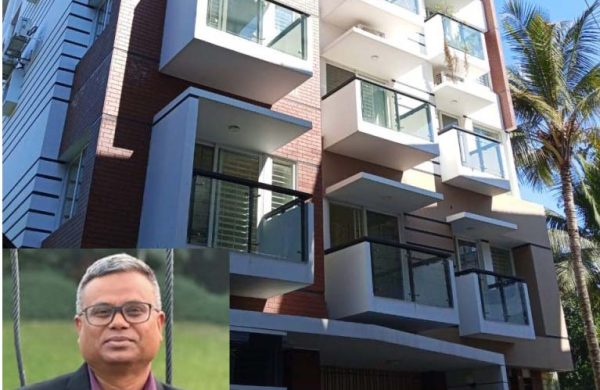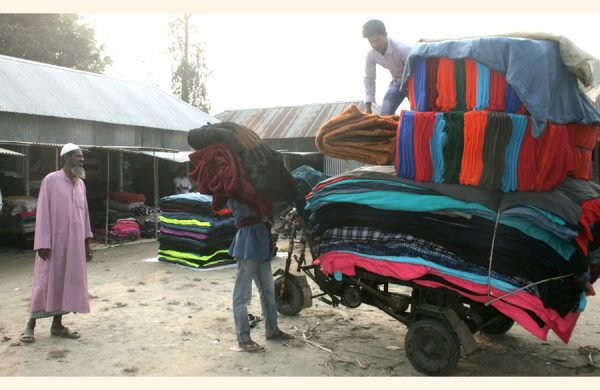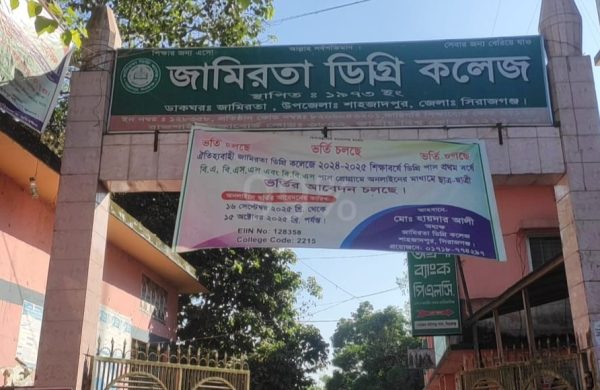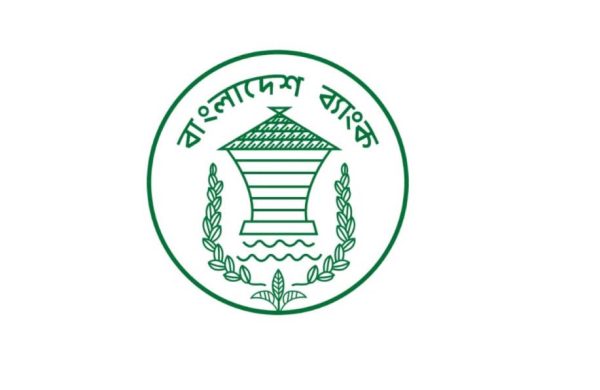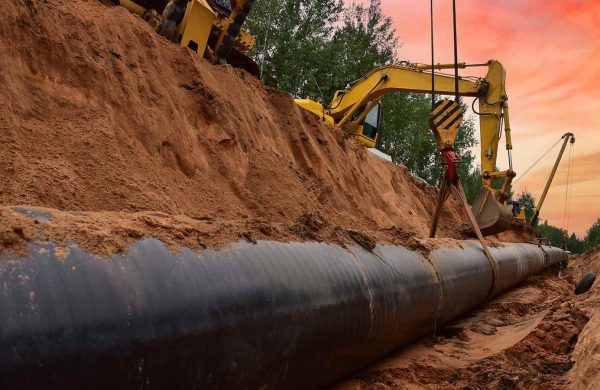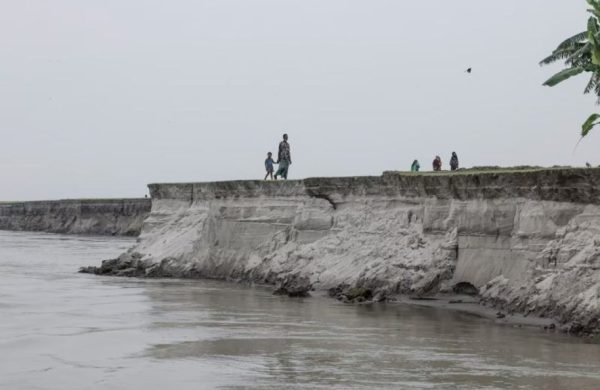Jamuna Railway Bridge nears completion: Trial run set for Dec
- Update Time : Friday, October 4, 2024
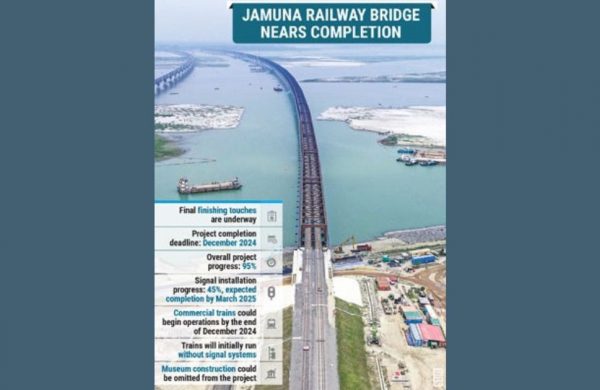
The main bridge spans 4.80 kilometres, with railway tracks installed, though the sections of track on both sides of the bridge still need to be connected.
TDS Desk:
Construction of the long-awaited Jamuna Railway Bridge nears completion, with a trial run slated for early December.
Despite facing delays in certain aspects, the project is on track to commence commercial train operations by the end of the year.
The main bridge spans 4.80 kilometres, with railway tracks installed, though the sections of track on both sides of the bridge still need to be connected. Aluminium thermite welding will be used to join these sections.
In addition, a new 37-kilometre railway line, including loop lines on both the Tangail and Sirajganj sides, has been laid. However, the signalling and telecommunications work has fallen behind schedule.
According to project updates, the construction of the station buildings, platforms, and platform sheds has reached 80% completion. The track laying work on the embankments and over the bridge, as well as the station yards, is 97% complete. However, signalling work stands at 45%,
with the overall physical progress of the project at 95% and financial progress at 69%.
When asked for further details, Project Director Al Fatta Masudur Rahman told that, “The railway lines on the bridge and on both sides have been laid. Only a few finishing touches remain. We hope to conduct a trial run on the bridge by late November or early December. Simultaneously, we expect to be ready for commercial train operations by the end of December.
“We will hand over the railway line by December, but the decision on when commercial train operations will begin rests with higher authorities.”
According to the original contract, the construction work was supposed to be completed by August 2024. However, due to delays in one package of work, the completion deadline has been extended to December 2024.
Once construction is completed, there will be a 12-month Defect Liability Period, meaning the project’s official end will be in December 2025.
TRAINS TO RUN INITIALLY WITHOUT SIGNAL SYSTEMS
The materials required for the signalling work, which were to be imported from abroad, were delayed due to manufacturing and shipping issues. As a result, the signalling work, which was supposed to be completed by November, will now take until March of next year.
Consequently, while the train operations may begin in December, they will run without the signal systems in place.
When asked whether running trains without signal systems would cause any issues, Masudur Rahman said, “There will be no significant problems initially as the bridge has two tracks and both sides of the bridge have interlocking signal systems. Full benefits of the signalling system will be available once the work is completed in March.”
PROJECT COSTS MAY DECREASE
While the project expenditure will follow the agreed contract amount, there could be some cost savings, though project officials are not yet willing to confirm the exact amount.
As part of the project, there is also a package for constructing a railway bridge museum, an inspection bungalow, a cafeteria, internal roads, land filling, and drainage works. The estimated cost for these works is set at Tk74 crore. A letter was sent to the Ministry of Railways last week regarding tenders for these works.
However, discussions are ongoing about the necessity of these additional expenses.
About the relevance of the museum, the project director told That, “When large structures are built around the world, museums are often constructed to preserve their memory. Future generations will learn about the materials used, the number of people involved, and the technology employed in the construction of the bridge. But if the government decides, the museum may be omitted.”
The railway bridge project is being implemented at a cost of Tk16,780 crore, jointly funded by Bangladesh and Japan. The foundation stone for the construction was laid on 29 November 2020, following the project’s approval in July 2016.
TECHNOLOGICAL ASPECTS OF BRIDGE CONSTRUCTION
To ensure the structural integrity of the foundation, Steel Pipe Sheet Pile (SPSP) technology was used, deemed more suitable for the River Jamuna. Weathering Steel, known for its rust resistance, was utilised for the superstructure, which will reduce future maintenance costs. Direct Rail Fasteners have been installed on the bridge, allowing for easier replacement and maintenance of sleepers.
Moreover, while the existing Bangabandhu Bridge has four tracks for both broad gauge and metre gauge, the new railway bridge features three tracks, and a Derailment Prevention Guard has been installed instead of traditional guard rails. This will simplify track maintenance.
Additionally, the new bridge utilises Head Hardened Rail, a globally preferred choice for managing high passenger and freight train traffic. This rail type will minimise rail head wear, reducing the need for frequent track replacement.


